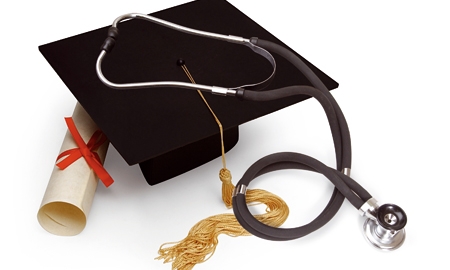The inauguration of the ASEAN Economic Community (AEC) in 2015 has been widely heralded as a game-changing event for Southeast Asia, giving the region the opportunity to consolidate the strong economic growth and increasing international influence it has built up recently. As the AEC heralds the world's largest regional trading block by population, its leaders remain cautiously optimistic with a keen eye on the sorts of challenges their respective countries can expect as they take a leap of faith into a free trade zone of over 600 million people.
A country whose economy is dominated by export-led manufacturing in heavy industries such as automotive and petrochemicals, Thailand is aware that the core threat to sustaining its industrial progress will come from hard-working neighbouring countries with cheaper input costs for large-scale manufacturing. Quelling the temptation for Thailand’s industrial heartland to migrate to regional competitors such as Cambodia, Vietnam and Indonesia will depend upon making the level of sophistication required by each respective manufacturing process line more available and of higher quality in Thailand compared with its rival nations.
Some economists in Thailand have expressed concern over the government’s plan to raise the minimum wage to 300 baht (£6.15) a day, the first phase of which began in April. The country’s ruling party, Pheu Thai Party (PTP), promised the measure during its election campaign in July 2011, as average wages in Thailand have been declining over the past decade, while inflation has been soaring, so a rise in minimum earnings was clearly needed. However, the central bank has cautioned that the move may drive core inflation up by at least 0.3 per cent, as the higher labour costs would be transferred to consumers through higher prices for finished goods, an could affect the country’s manufacturing appeal. Prior to the new policy, the daily minimum wage ranged between 159 baht and 221 baht depending on the province.
Thailand’s ascent of the value chain, based on solid investments in education and research and development (R&D), and the creation of a business environment conducive to innovation are thereby regarded as the most effective means of avoiding the dreaded middle-income gap known to have afflicted countries such as South Africa and Brazil in the past.
The drive for investment in R&D is coming from both public and private entities. Khun Surong Bulakul, CEO of Thaioil says, “The market demand and the education system are not currently aligned. We are an agriculture, manufacturing, and serviced-based industry, but the [focus on] education has gone to the legal, entertainment, and social science-based sectors versus the technically based sectors, where we really have a shortage. So we have a lot of programmes, including scholarships and on-the-job training to build up our talent.”
In the education sector, international partnerships are being sought to build up research programmes. The President of Thailand’s Prince Songkla University Dr Boonsom Siribumrungsukha says, “We started to open our doors and minds two years ago. I bring my researchers to meet with Toyota in Thailand and with PTT to dialogue with their research department, as well as meet with local industry. We want to be an educational and research hub in the AEC.”

0 COMMENTS